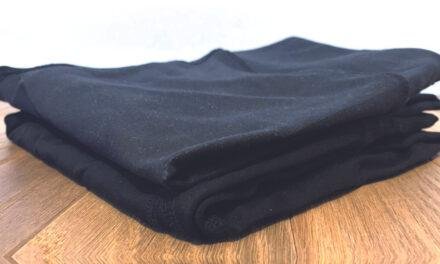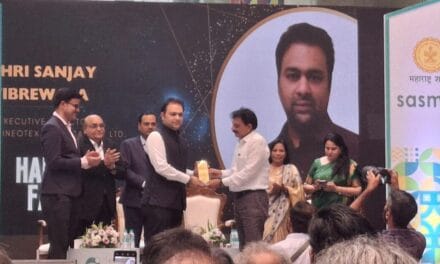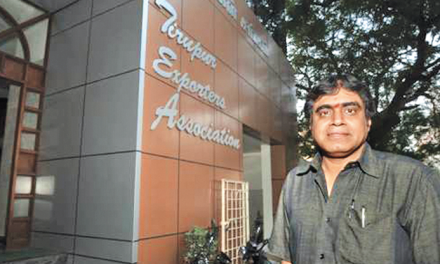
Permanent deletion of rever se charge mechanism, sufficient fund allocation for government schemes, increasing Investment limit for micro, small and medium enterprises (MSMEs), establishing a knitwear board and amending labour laws are some of the pre-budget suggestions submitted by the Tirupur Exporters Association (TEA) to the Indian Finance Minister.
As the provision of reverse charge mechanism (RCM) with respect of purchases from unregistered dealers is causing huge compliance burden, especially to MSME clusters like Tirupur where there are thousands of unregistered micro and small manufacturers and traders, TEA has suggested permanent removal of RCM from the Goods and Services Tax (GST) Act, according to a report from the association.
RCM implies that the GST is to be paid and deposited to the government by the recipient of goods and services and not by the supplier. As the garment export sector is starved of working capital as refunds due are getting significantly delayed due to issues in GST implementation, TEA recommended allocating sufficient funds to all related governmental schemes to clear all pending dues at the earliest and providing the sector with necessary cash to tide over the working capital crisis.
Fund allocation to the government’s Market Access Initiative (MAI) scheme may be doubled so that India gets more business opportunities, the TEA memorandum said. The interest equalisation for apparel exporters may be enhanced to 5 per cent and the duty drawback rates may be enhanced to 4 per cent from the current 2 per cent to cover blocked credits, such as central GST on fuel, compensation cess on coal, electricity duty and stamp duty, so that the industry can fight competition from Bangladesh, Vietnam, Cambodia and Ethiopia, which enjoy duty-free status with the European Union, according to the association.
TEA wants the investment limit for plant and machinery to be raised from the existing ceiling of Rs. 25 lakhs to Rs. 50 lakhs for micro enterprises, Rs. 5 cr to Rs. 10 cr for small enterprises and Rs. 10 cr to Rs. 30 cr for medium enterprises. A Knitwear Board stationed at Tirupur is also needed to focus on an industry that is generating over Rs. 35,000 cr of business from the Tirupur cluster alone.
Other recommendations of the association include amendments in the labour law regarding provident fund and pension, a central scheme for job creation in the sector, imposing 5 per cent GST on effluent treatment activity of apparel units instead of 18 per cent and exempting imports of accessories like zips and tags using the ‘export promotion certificate’ from the purview of international GST.





















